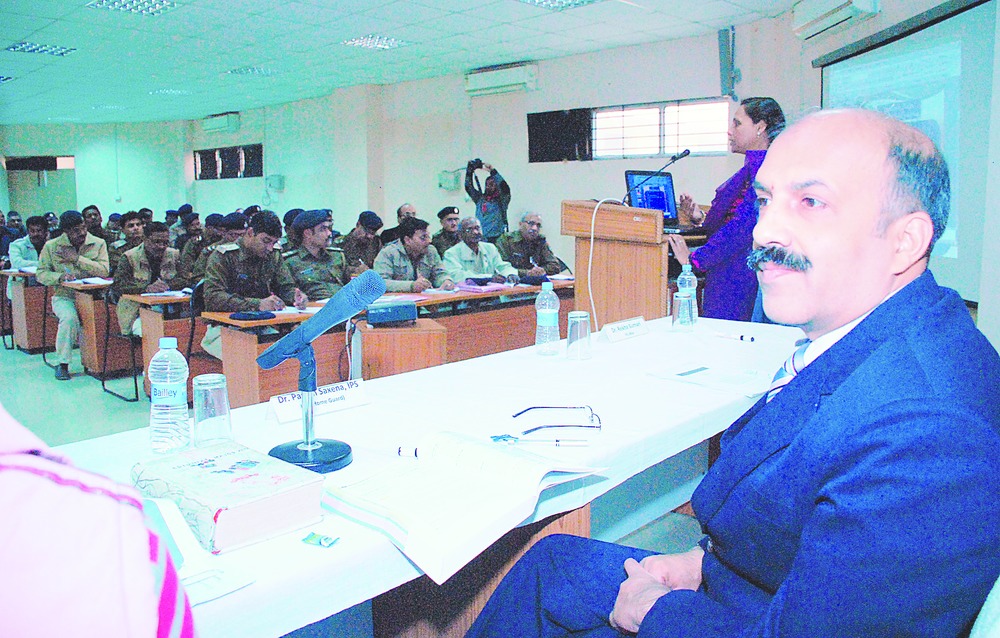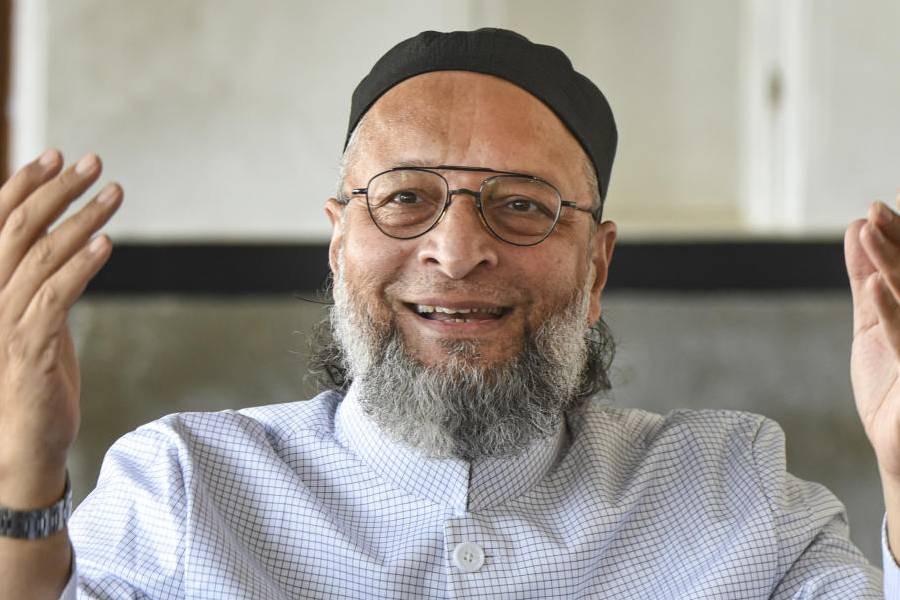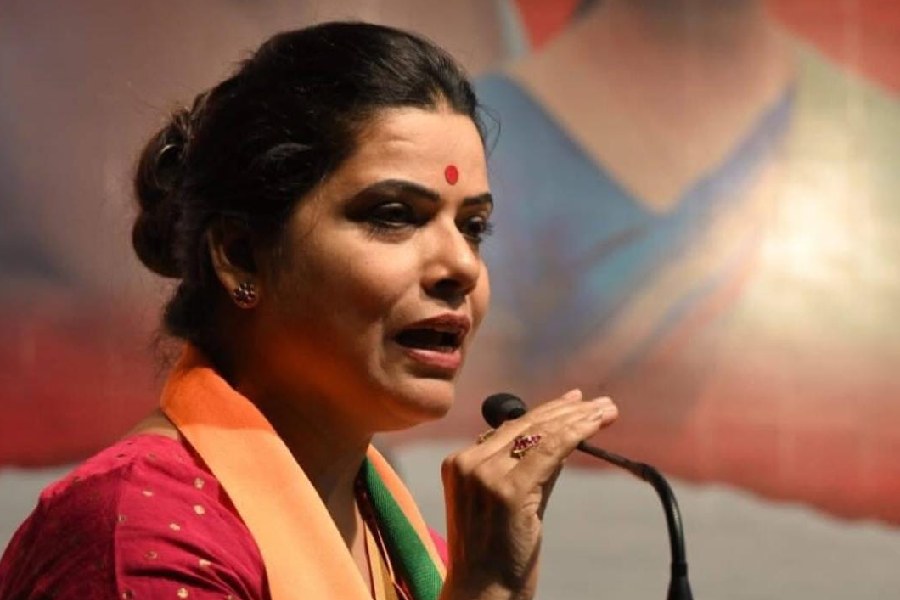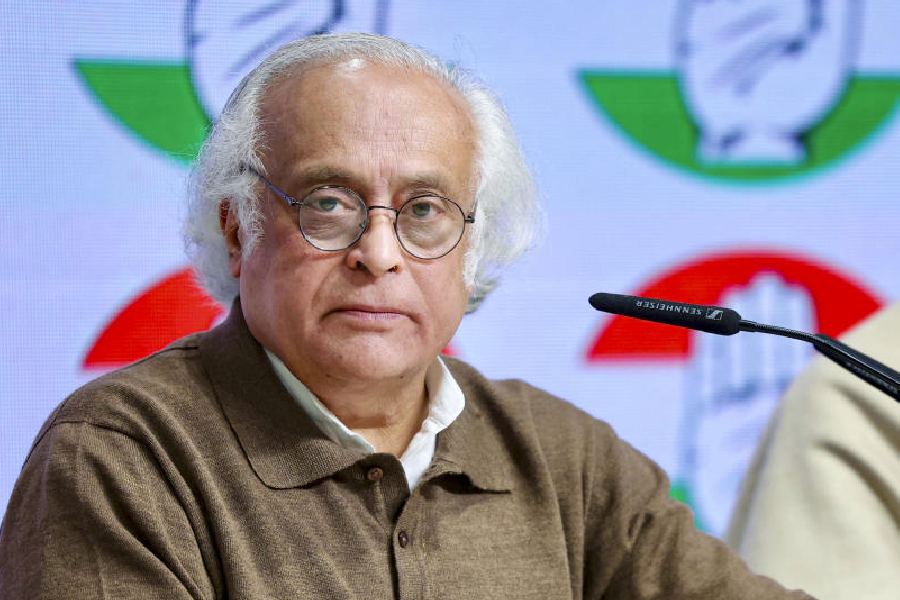
More than 150 policemen learnt the nuances of laws dealing with forensic science on Wednesday at a training session organised by the directorate of police training (Bihar Government) and Chanakya National Law University (CNLU).
The policemen, mostly of sub-inspector and assistant sub-inspector rank, were taught the nitty-gritty of forensic science and how it has revolutionised how criminal cases are cracked. The cops were taught how to collect evidences from a crime scene and to carry the samples for forensic tests. Bihar has two forensic centres - Patna and Muzaffarpur - and a third one is coming up at Bhagalpur.
Alok Kumar Gupta, a sub-inspector, said: "There are a number of ways to carry out forensic tests, including DNA sample test, biological evidence, histopathology, voice stress analysis and toxicology." While a DNA sample test can be conducted after collecting samples of an individual, histopathology refers to the microscopic examination of a tissue in order to study the manifestations of a disease. Similarly, voice stress analysis helps one to study stress responses that are present in a human voice.
Sudhir Kumar, an assistant sub-inspector, said: "The basic idea of forensic tests is to realise that whenever a person is in contact with any object or person, there can be samples collected that may act as an evidence in the long run and help nab the criminal. The session helped us learn how to collect samples from a crime spot, including the habit of wearing gloves and keeping in mind the duration within which the sample is to be transported among others."
Dr. K.S. Dwivedi IPS, DGP (Training), who played a pivotal role in organising the event, said: "With every passing day, forensic investigations gain prominence across the world as it helps one to be sure while nabbing the criminal." Echoing the views of Dwivedi, Paresh Saxena, IG (Home Guard), said: "DNA samples help one crack many such cases which involve identifying a person. Such evidences help, as in the long run, even an eye-witness may turn hostile."
CNLU registrar S.P. Singh said: "Gone are those days when a lawyer would win cases banking on his argumentative power. Nowadays, evidences compel courts to reopen cases." He also referred to the N.D. Tiwari case where the Congress leader had to accept Rohit Shekhar, a young boy, as his son after DNA tests proved so. The legal battle went on for six years.










